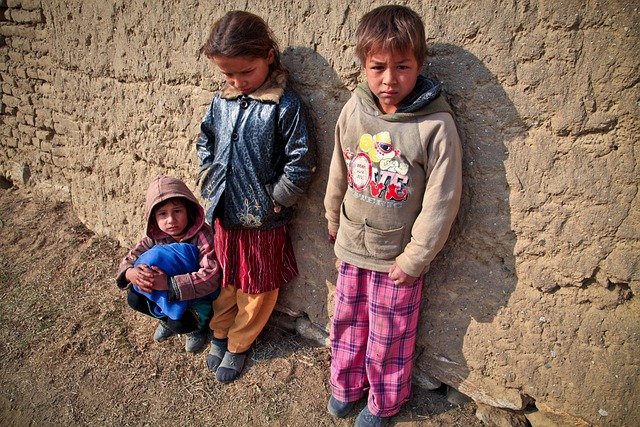
Pity can be linked to commiseration or compassion: "I feel sorry that there are children who have nothing to eat."
Before entering fully into the meaning of the term pity , we are going to proceed to discover its etymological origin. In this case, we have to establish that it derives from Latin, exactly from the verb “blastemare”, which can be translated as “slander” or “harm”.
The notion of pity is used to name the compassion and commiseration that arise from the evils of another individual. Seeing that suffering that is not your own, you experience pity. For example: “I felt very sorry to see the children rummaging through the garbage in search of food,” “I feel sorry for my neighbor: he just lost his job,” “I have no pity for those who don't make an effort and complain because they don't.” They can meet their objectives.”
Among the words that can be synonymous with pity we find compassion, charity, commiseration, mercy, charity or even pity. On the contrary, among its antonyms we find terms such as pleasure or joy.
Pity from other people's pain, shame and disgust
Pity is a feeling derived from understanding the pain of others . Whoever feels sorry, therefore, laments the bad time that another living being is going through.
In some cases, pity is linked to shame . If someone says “I feel sorry for Juan that he thinks he sings well” , what he is pointing out is that Juan is a bad singer and that, in this way, it is shameful for him to think otherwise and act accordingly.
That which causes disgust, discomfort, sorrow or discomfort can also be mentioned as pity. The concept, on the other hand, is used as an interjection to express the regret that is felt when something does not materialize as desired: “It is a shame that you have to leave so early, the party has just begun,” “What a shame that you are diet, you won't be able to try the cake I made” , “It's a shame that admission to the show is so expensive: I would have loved to go” .

Pity arises when you understand the pain of others.
The term in music and literature
Within the musical field we find a large number of songs that use the term that concerns us now. Specifically, among the best known is “Me voy” by Julieta Venegas, which says in its chorus: “What a shame, but goodbye! I say goodbye to you and I'm leaving."
Furthermore, in the field of literature there are also different works that use the aforementioned term in their titles. This would be the case, for example, of the novel “Lástima” , which was published in 2018 and is written by Ángeles Yazlle García . It tells the story of an immigrant woman who lives on the outskirts of a big city. She is alone and finds herself having to do anything, such as prostitution, to be able to get ahead and survive.
Other examples are the books “Pity that he was dead” (2000) by Margarita Mainé or “Pity of Cuba” , which was published in 2014 and is written by the Mexican author Rius .
Hurts, a conjugation of the verb hurt
If the term is accented on the I ( lastima ), it is a conjugation of the verb to hurt .
“If the team captain gets hurt and can't play, it will be very difficult to win the game.” y “He hurts me with his attitudes and doesn't notice it” son expresiones que muestran este uso.
